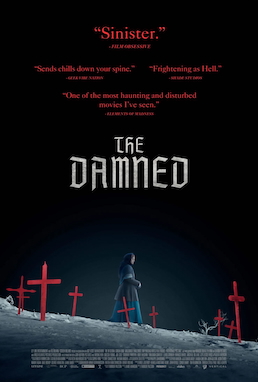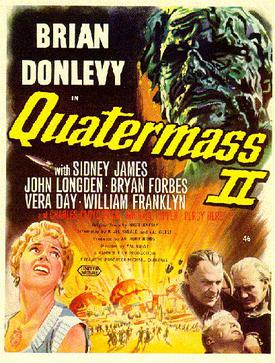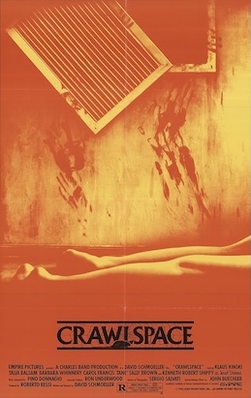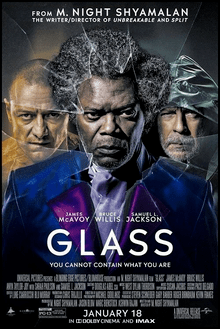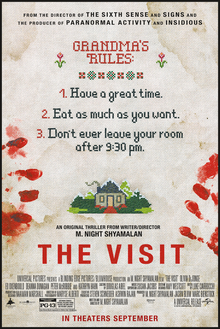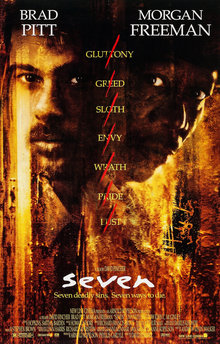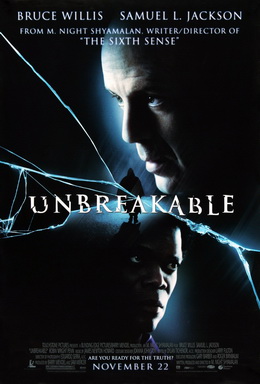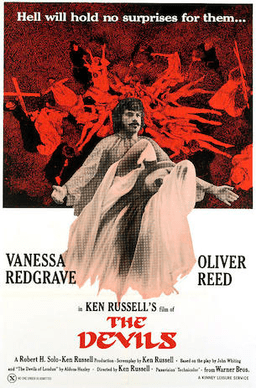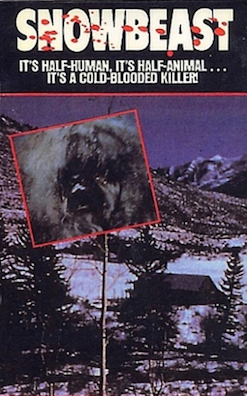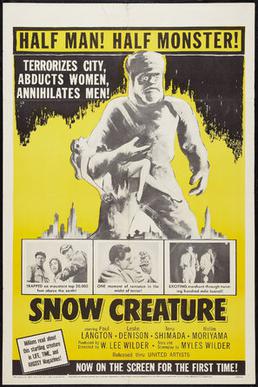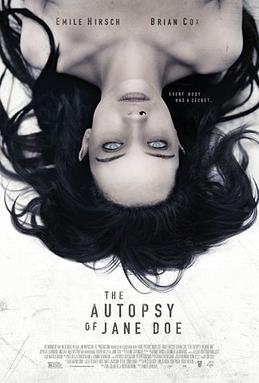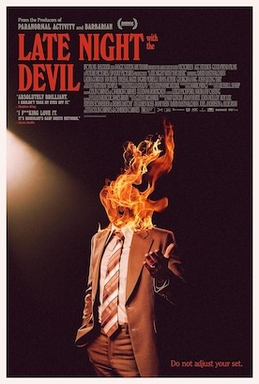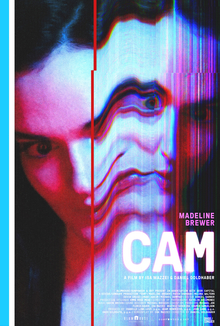Folk horror is particularly open to religion. The powerful Euro-horror film, The Damned, is nearly worthy of Robert Egger status. Indeed, the movie reminded me of Egger’s work, so perhaps Thordur Palsson is his Icelandic incarnation. Set in a fishing station in a remote arctic bay in the 1870s, the owner’s widow oversees the operations of six fishermen and the woman who cooks and keeps the house. Her husband died at sea the previous year, and the fishing has been very poor, threatening their existence. They need to eat their catches, as well as their bait, trying to stay alive until spring. Eva, the young widow, sees a ship foundering on the distant, jagged rocks. The men insist that if she orders them to help, their food supplies will quickly be depleted, and the rescue operation would put them all at risk. Lured to the wreck by a food barrel that has washed ashore, they encounter more men than they can keep and have to fight them off of their small fishing boat, killing one in the process.
The helmsman of the boat falls overboard and drowns as the survivors try to climb aboard. The small boat manages to escape, however. Helga, the housekeeper, warns Eva of the draugr, a monster of Nordic folklore that is a kind of zombie. If it gets into your head, she warns, it will led to death. Skeptical of folktales, Eva begins to change her mind as her small group of companions begins dying off. Helga disappears. One of the men dies after being stopped from killing a companion. Eva is now left with only four men. One of the men insists they are paying for their sin, and begins erecting a large cross as an act of penitence. After seeing a man in the mist, the new helmsman dies by suicide. Now convinced the draugr is real, Eva leads an expedition to find and destroy it. This leads to the death of yet another crew member. The three remaining people decide to flee by night in the boat. Eva, however, encounters the draugr in the cabin and destroys him by fire. A spoiler follows.
The shocking end reveals that the draugr was actually a survivor of the shipwreck and his presence explains the “supernatural” events they believed the monster caused. Eva, delusional, kills the man. The story plays heavily on both the isolation of the fishing station and the guilt the characters all undergo after leaving their fellow sailors to die on the jagged rocks. Their fear transforms fevers into deadly paranoia as they kill one another and themselves off. This is set against the stunning arctic scenery of the fjord that houses the station in a stark winter landscape. And the conflict between religious systems is right there on the surface and deep within the minds of those isolated, far from civilization.

